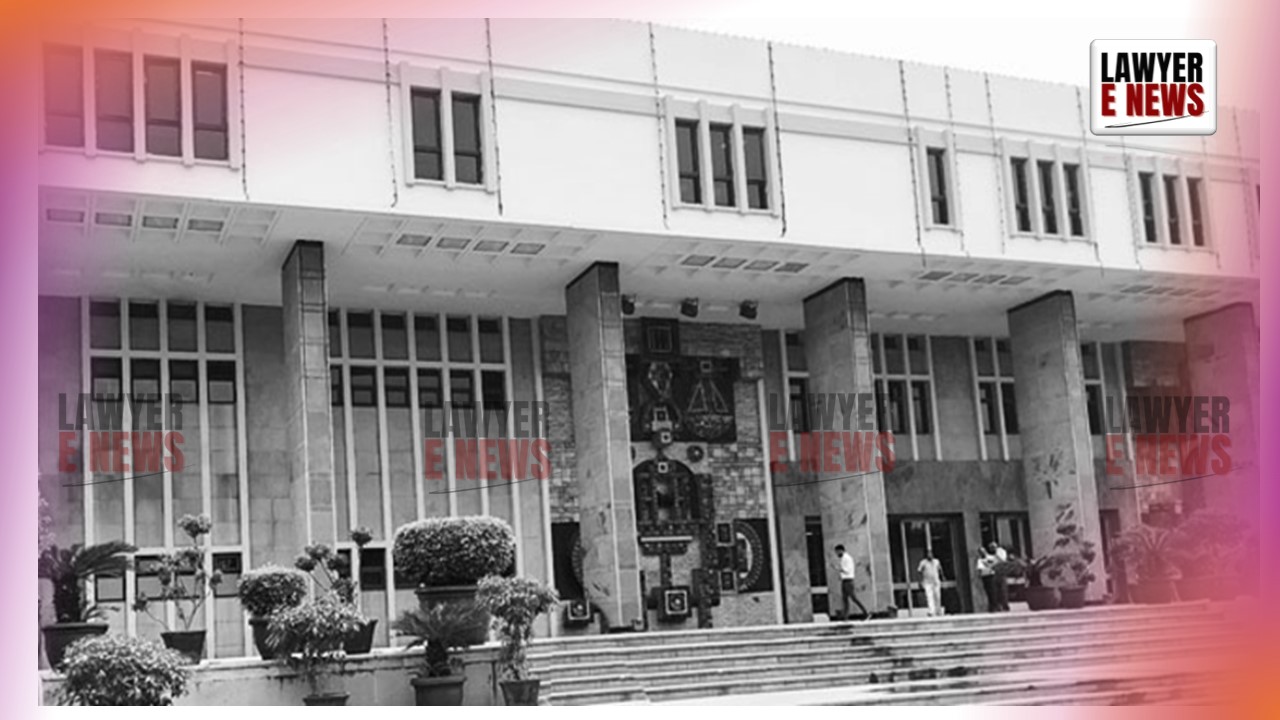-
by Admin
15 February 2026 5:35 AM



The charge against the assessee must be unequivocally and specifically stated: Delhi High Court dismissed three appeals filed by the Revenue challenging the orders of the Income Tax Appellate Tribunal (ITAT), which had quashed penalties imposed under Section 271(1)(c) of the Income Tax Act, 1961. The High Court upheld ITAT’s finding that the penalty notices issued to the assessees were vague, lacked specificity, and violated principles of natural justice.
The appeals arose from disputes over penalties levied on three companies: M/s Gragerious Projects Pvt. Ltd., Sara SAE Pvt. Ltd., and Virtual Software and Training Pvt. Ltd., for alleged concealment of income or furnishing of inaccurate particulars in their respective income tax filings.
In all three cases, the penalty notices issued under Section 274 read with Section 271(1)(c) did not clearly specify whether the penalty proceedings were initiated for concealment of income or furnishing inaccurate particulars. The assessees successfully challenged these penalties before the ITAT, which found the notices to be invalid.
Dissatisfied with the ITAT’s decisions, the Revenue filed appeals before the Delhi High Court.
The High Court noted that the penalty notices failed to clarify whether the proceedings were initiated for "concealment of income" or "furnishing inaccurate particulars of income." Referring to the seminal judgment of the Karnataka High Court in CIT v. Manjunatha Cotton and Ginning Factory (2013) and the Supreme Court's dismissal of the Revenue’s appeal against CIT v. SSA’s Emerald Meadows, the Bench observed:
“Section 271(1)(c) of the Act encompasses two distinct charges—concealment of income and furnishing inaccurate particulars. Each carries different legal implications and consequences. A failure to specify the charge leaves the assessee unable to respond appropriately, violating the principles of natural justice.”
Justice Ravinder Dudeja emphasized that penalty proceedings are distinct from assessment proceedings and are quasi-criminal in nature. He stated:
“In penalty proceedings, the primary concern is the conduct of the assessee. Penalties are imposed not merely because an addition or disallowance is made during assessment but due to the assessee’s willful concealment or submission of inaccurate particulars of income.”
The Court added that merely issuing a standard proforma notice without striking out irrelevant portions reflects non-application of mind by the Assessing Officer.
Citing the judgment in Dilip N. Shroff v. JCIT (2007), the Court reiterated that procedural lapses in penalty notices create significant prejudice. Justice Dudeja noted:
“An omnibus notice betrays non-application of mind, depriving the assessee of a fair opportunity to defend. Such ambiguity is fatal to penalty proceedings and renders them invalid.”
The Court elaborated on the conceptual difference between "concealment" and "furnishing inaccurate particulars," observing:
“‘Concealment’ involves deliberate suppression of income, while ‘furnishing inaccurate particulars’ pertains to errors or omissions leading to incorrect income declaration. The Revenue’s attempt to conflate the two disregards their separate statutory treatment.”
The Delhi High Court affirmed the ITAT’s decision, holding that the penalty notices were legally unsustainable due to their vagueness. Dismissing the Revenue’s argument that the penalty could still be upheld based on the assessment orders, Justice Yashwant Varma stated:
“Penalty proceedings must stand on their own legs. They are not merely an extension of the assessment process and must independently satisfy the requirements of law.”
The appeals were dismissed, with the Court concluding:
“The ITAT rightly quashed the penalties, upholding the principles of natural justice. The Revenue’s appeals disclose no substantial question of law.”
This ruling reinforces the necessity for precision and transparency in penalty proceedings under the Income Tax Act. By upholding the distinction between the charges under Section 271(1)(c), the judgment safeguards the rights of taxpayers against arbitrary penalties and underscores the importance of procedural fairness.
Date of Decision: November 22, 2024
